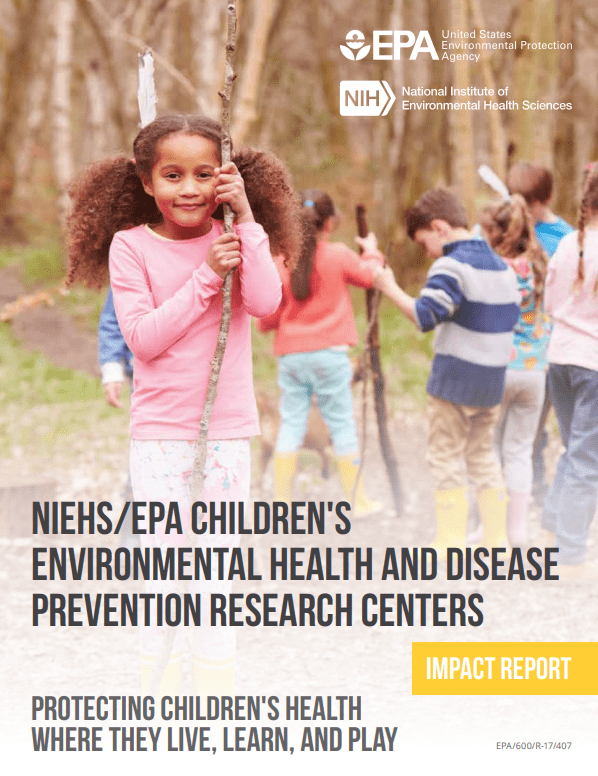CRECE Research Center
CRECE studies air pollution impacts on child development, and pollutant mixtures and their effects on human health.News
CRECE and PROTECT Provide Education on Zika Prevention
As peak mosquito season approaches, CRECE and PROTECT have continued to reach out to local communities to provide education on Zika virus prevention. Community Outreach and Translation Core members...
CRECE’s José Cordero and March of Dimes Push for Fortified Corn Masa Flour
On April 14th, the Food and Drug Administration agreed to permit the addition of folic acid—a B vitamin known to prevent birth defects—to corn masa flour. The announcement comes after four years of...
CDC Recommends DEET to Control Zika
The CDC recommends the use of DEET to protect people against the mosquito that carries the Zika virus, especially pregnant women. But there are very few published studies looking at the possible...
CRECE Publications
Find our research in leading environmental health journals.
Released: Children's Centers Impact Report
The NIEHS/EPA Children’s Environmental Health and Disease Prevention Research Centers have recently released their Children’s Centers Impact Report.
Research Outcomes
Between 2015 and 2022, the Center for Research on Early Childhood Exposure and Development in Puerto Rico (CRECE) studied how mixtures of environmental exposures and other factors affect the health and development of infants and children living in the heavily-contaminated island of Puerto Rico.
Since 2016, CRECE has participated in the NIH’s Environmental influences on Child Health Outcomes (ECHO) program. ECHO unites mother and child cohorts across the United States to better understand the impacts of environmental exposures on children’s health. More information about the CRECE cohort’s involvement, including links to recent ECHO publications involving CRECE researchers, are available on NIH RePORTER.

